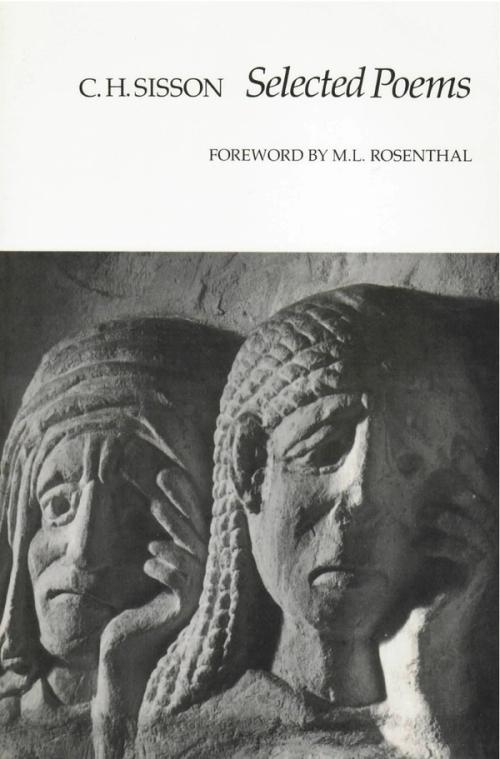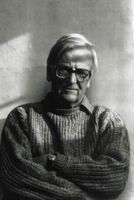Selected Poems of C.H. Sisson
Poetry by C. H. Sisson
C. H. Sisson’s Selected Poems presents a half century’s work by the writer deemed “England’s finest living poet” by the London Times. Sisson’s poems are characterized by a mastery of speech rhythms and imagery learned from Eliot, Pound, and T. E. Hulme. Serious and highly charged, they are steeped in literary tradition (Sisson is one of the great translators of Dante, Horace, Lucretius, and Virgil), and they draw on Sisson’s remarkable knowledge of history and culture. Starting with poems written on a troopship and ending on home ground in Somerset, England, Selected Poems provides a comprehensive selection of Sisson’s work, including “Tristan,” a sequence written in the poet’s eighty-first year.
Paperback(published Jun, 01 1996)
- ISBN
- 9780811213271
- Price US
- 9.95
- Page Count
- 96

